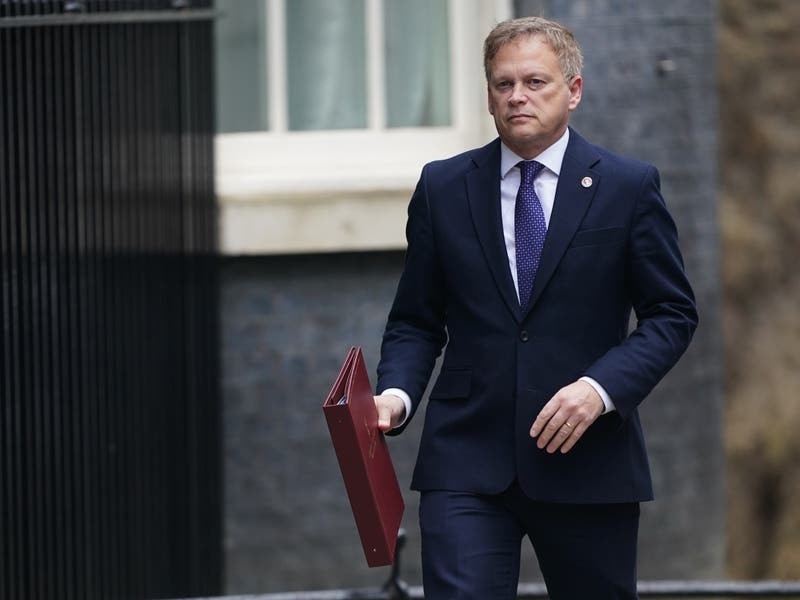With the States due to debate Jersey’s updated marriage laws at the end of the month, Chief Minister Ian Gorst and his Assistant Chief Minister, Senator Andrew Green, were quizzed yesterday on the draft legislation in a public hearing with the Corporate Services Scrutiny Panel.
Ministers have faced mounting pressure to update Jersey’s marriage laws, which include provisions for gay marriage, after a States debate on the matter was postponed in September.
But during a Scrutiny hearing this week, Chief Minister Ian Gorst said that he felt the new legislation had been ‘rushed’ and explained that officials had been working over weekends
to complete the necessary work to get it in place.
Panel members Deputies John Le Fondré and Simon Brée asked the ministers why a conscience clause, which would protect the rights of people with religious beliefs to refuse business if it related to celebration or consecration of same-sex marriage, had not been included in the draft legislation.
Senator Green said that such conscience clauses had proved to be ‘unsuccessful’ in other jurisdictions.
‘If you look at the conscience clause provision which is for nurses and midwives if they do not want to participate in abortions, they are not participating for the right reason – their religious or ethical beliefs,’ he added.
‘They do not say that they will not participate in an abortion because it is someone of a different ethical background. We know in other jursidictions that [conscience clause] works, but this does not transfer over [to same-sex marriage].’
Senator Gorst said that he feared that a poorly constructed conscience clause would encourage discrimination rather than protect people’s freedom.
‘The problem with a conscience clause is that if it is not constructed properly, and I can’t see any evidence that it would be constructed in the right way, it will encourage discrimination rather than allow someone to opt out for the right reasons,’ he said.
Later, Deputy Simon Brée said that following the introduction of new laws, heterosexual couples would technically be ‘discriminated’ against because they would not have the right to enter into civil partnerships, while same sex couples could.
Senator Gorst said that they had considered dispensing with civil partnerships because of this, but had had to press ahead with the draft law as it stood.
‘I’m afraid there’s no other option. It is not an ideal position but that is where we are with this approach,’ he said.
Deputy Brée also raised the issue that a person in a gay marriage would not be able to sue their partner for adultery if the new law was passed, because the existing law, which says that adultery is between a man and woman, would continue to stand.
Ruth Johnson, a director of policy in the Chief Minister’s Department, said it was a difficult issue to rectify.
‘The problem is that adultery is defined by common law, under which it is between a man and a woman,’ she said.
The hearing was also attended by panel member Deputy Kevin Lewis.






